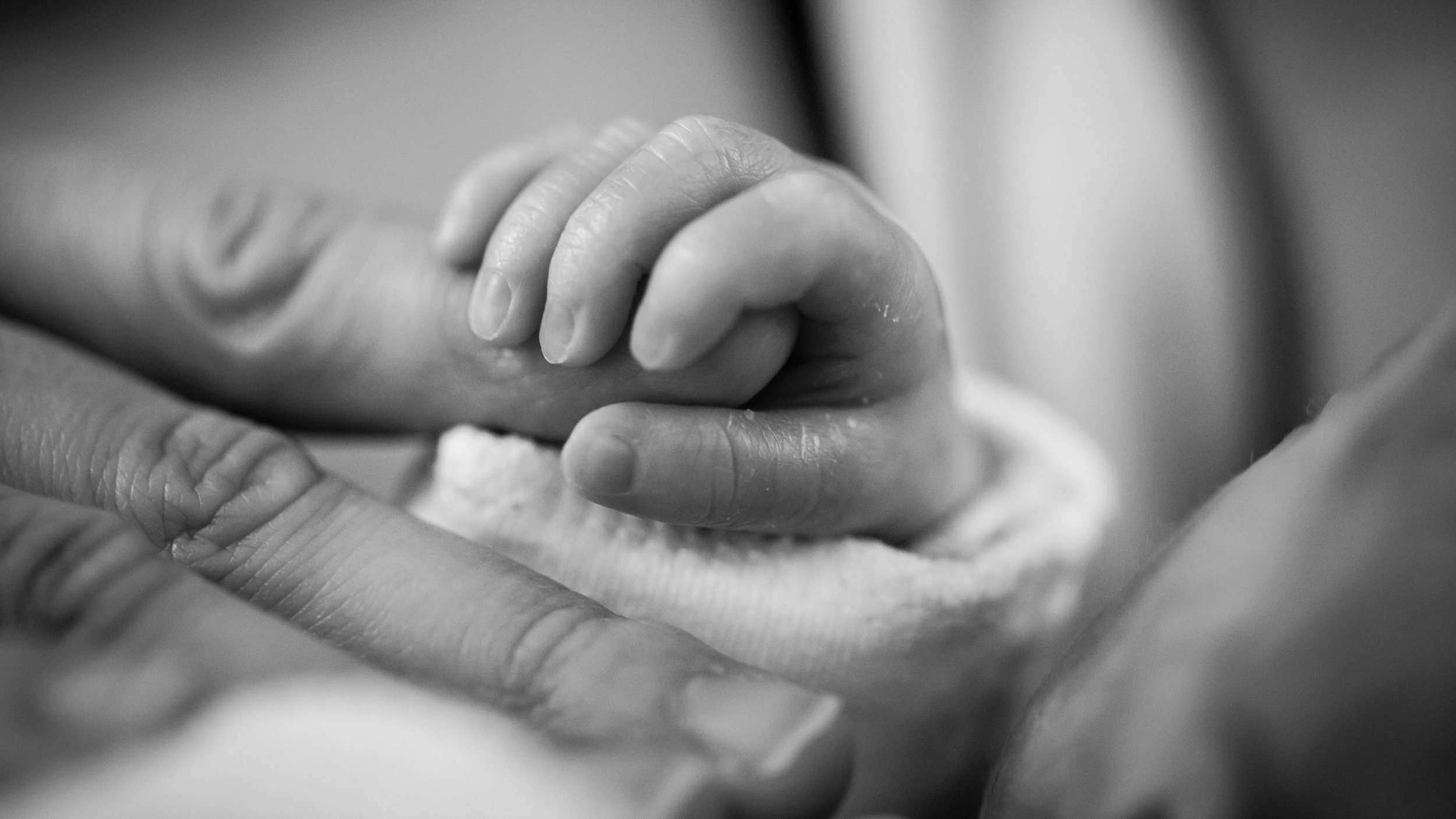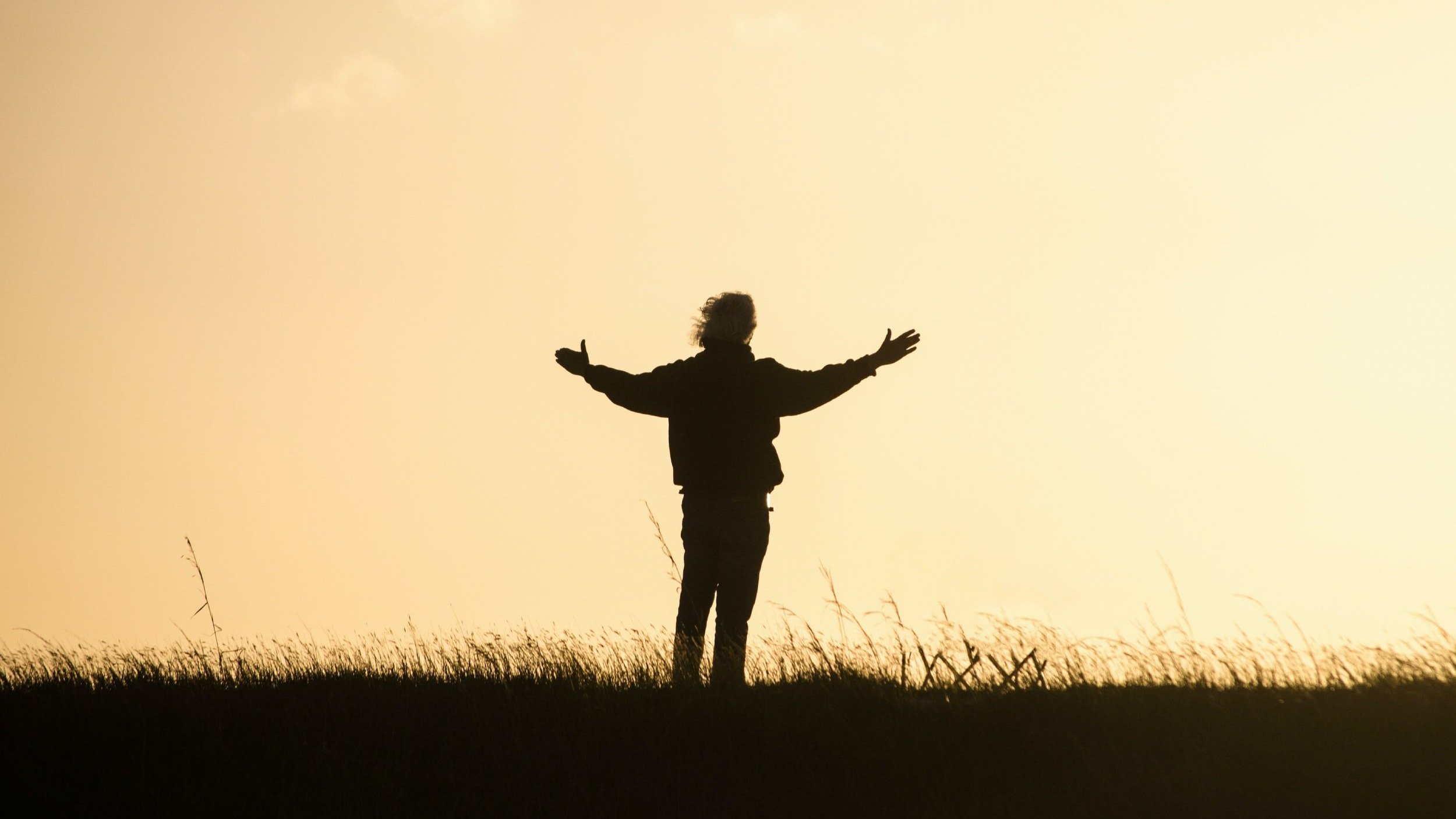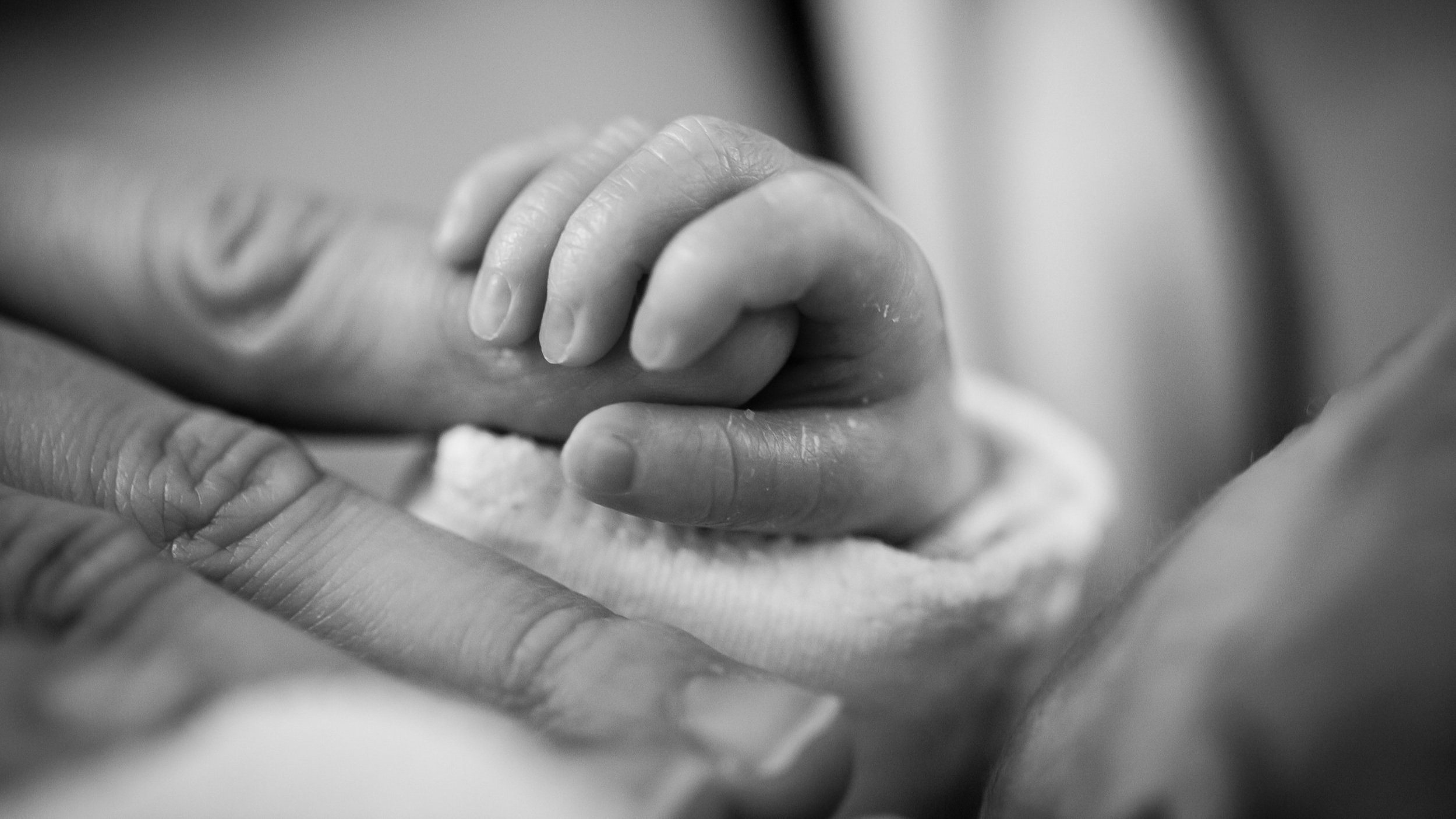What is True Happiness?
What is true happiness?
What is True Happiness? There are so many ways of being in the world. Each outer condition, circumstance or event elicits its own response from us. Our moods, our sense of who we are, our self-worth and even our willingness to strive in the face of challenges is often a reaction to what is happening or not happening in our life at any given moment.
“Are you happy?” What a question. We often find ourselves crafting our answer depending on who is doing the asking. But it is not so silly or inane when you consider that true happiness is not a response to outer conditions which are all temporary. Rather true happiness is a state of being, a feeling that arises out of a deep acceptance of the inherent basic goodness of life itself. True happiness is not defined by or based on what you think you do or don’t deserve, but simply by the fact that you are alive and awake to the inherent preciousness and unlimited potential that life holds. Happiness, like suffering, is a state of mind.
True happiness is above all the ability to make choices and positive life-affirming changes when life is unsatisfactory.
I remember a time when I was just eighteen, it was New Year’s Eve and I had no money, nowhere to go and no prospects. I was at the beach; it was nighttime, there was a full moon and the waves were crashing on the shore. Suddenly, I was overcome by a feeling of indestructible joy that arose from somewhere deep inside me. I “knew” that what I was experiencing was temporary and that my life was not going to end with me being homeless and hungry. I felt strong within myself and eagerly looked forward to what the New Year would bring.
Of course, since then there have been many periods of challenge, pain and confusion, but I always knew that these feelings and states of mind were of my own making. It is all too easy to “pin the blame” on someone or something else. One thing that the practice of meditation has taught me is that the nature of mind, left to its own devices, is buoyant, joyful, and creative. This natural state of mind is supported by feelings of abiding confidence and well-being. Happiness is not just an accumulation of easy times, fond memories, and secure circumstances. Rather happiness is above all the ability to make choices and positive life-affirming changes when life is unsatisfactory. The happiness that endures is the result of hard work. It is not so easy to unlearn all of the habits, thoughts and attitudes that pit us against ourselves.
The Gift of Meditation & True Happiness
Persistent meditation can help one to encounter that inner state of being that is not subject to outer conditions. For example, the practice of mindfulness alerts us to the arising of negative thoughts, feelings, and actions. Life is always changing; the nature of desire drives us to want things we do not have. Our aversion to certain people, circumstances and conditions separates us from the richness of life, which is like a kaleidoscope of change, each image presenting exactly what is required by the person experiencing it. Our judgements are a way of saying, “No.” to the procession of life itself.
Meditation can help one to encounter that inner state of being which leads to true happiness.
Often our unhappiness is driven by how we view the circumstances of others. Some people live a life that seems charmed. Everything seems to come easy for them while we toil in our own day-to-day existence. We can come up short quickly and easily when we start to compare our life to others. Even when we try to “count our blessings” by seeing how we are much better off than people living in Bangladesh or Haiti, we are indulging in a toxic way of thinking.
Living life as it is, not the story we tell ourselves
Comparisons cause us to feel feelings of frustration, envy and jealousy. These feelings are at best unproductive and at worst like a poison. We cannot become happy by avoiding the unpleasant realities of life. Wearing tinted glasses, indulging in mind-numbing experiences and having a manic thirst for fun and excitement are not the ways to cultivate joy. If we cannot abide our own suffering, and we avoid the suffering of others, can we be truly happy? There are many examples of people living in circumstances of extreme suffering and not losing touch with their inner fortress of peace.
If we allow our identity to be defined by our outer circumstances, we cannot become free from the negative impact of them. If we have a disease such as cancer, we don’t say, “I am cancer.” If we do, we deny ourselves the inner meaning of that experience. Happiness is achieved in the process of joyfully living with and through an experience that reveals our strength, fragility and our abiding love for ourselves and others. We cannot achieve peace by ignoring the conditions of our life.
To free ourselves from these habits of thought we must first become aware of them arising in our minds and feelings. We then mentally take a step back and become an impersonal presence observing the thoughts. This presence is our own basic awareness and it is an innate aspect of ourselves untouched by our ever-changing thoughts, moods and reactions. It calmly abides deep within the center of our being under any and all circumstances. We can cultivate a relationship, a familiarity with this aspect of ourselves and at the same time erode the foundations upon which our suffering and dissatisfaction are built upon.
True happiness is achieved in the process of joyfully living with and through an experience that reveals our strength, fragility and our abiding love for ourselves and others.
Mindfulness and Loving Kindness
A powerful application of mindfulness involves listening to our own self-talk and listening to what we say to others about ourselves. We are always telling “stories”. We are not lying, or making things up per se, but we have our version, our way of understanding what has happened to us in the past and the reasons such-and-such are occurring now. This is, “Our Story”. It is a revealing mechanism within ourselves and when we detach somewhat from the story, we find a certain spaciousness residing in what was once the ironclad truth about us.
Through wisdom and compassion, we learn that we are not different than anyone else. We are no better and no worse than anyone. When we judge others we deny our own humanity and bring harm and illness into our lives. Happiness arises naturally when we see the sameness that exists in our self and others, we respond to people, animals and to life with loving kindness.
When we apply ourselves, positive changes naturally occur. Happiness and the traits that arise out of happiness are gradual, but they do accrue over time. Generosity, empathy, altruism, and joyful enthusiasm are by-products that come with a sincere and steady effort. Within each of us is a wise, resilient and loving presence, ready to respond to any step we take toward knowing that basic goodness residing within. This is, for me, True Happiness.
Suggested Meditations for Finding True Happiness
Watching the Mind - This meditation represents a fundamental teaching within Buddhism that basically our experience of reality arises from the nature of mind. As we endeavor to keep the mind focused on the mind itself we begin to see that the nature of mind is not our thoughts, rather the nature of mind is awareness.
Meditation on Joy - Learn what obscures joy and let go. Then tap into joy’s true source and share with others.
Mindfulness Meditation on Spaciousness - This meditation draws on the practice of watching thoughts and observing the “space between thoughts”. This meditation practice slows down the number of thoughts that enter the mind and increases the space between one thought and the next.










Loving Kindness is a force that whispers, and at times roars, from the depths of our being. Learn more about the transformative power of Loving Kindness.